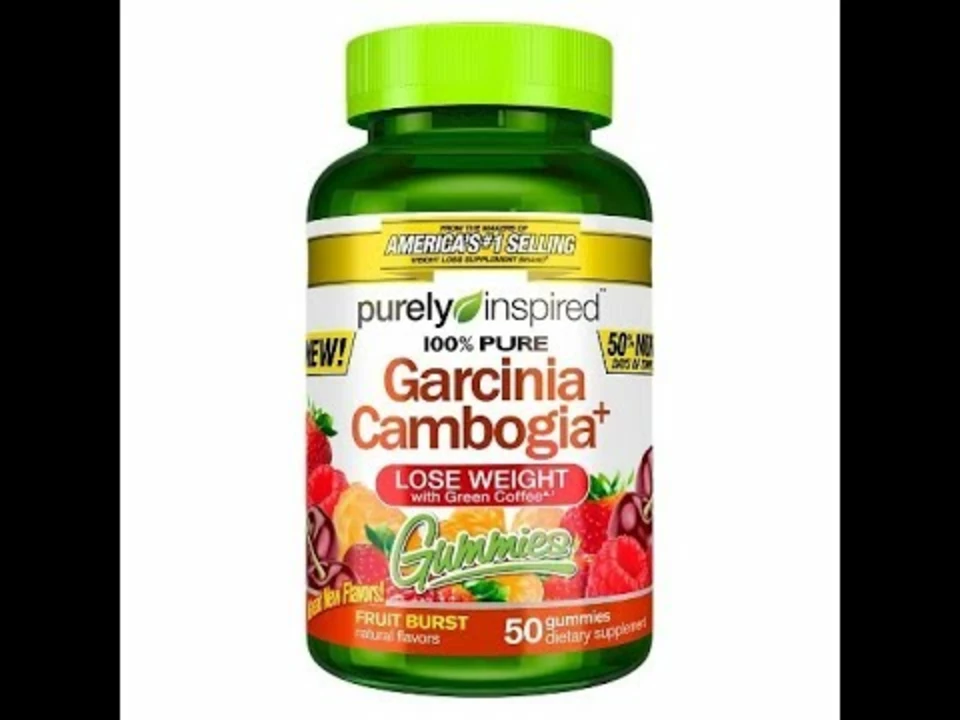If you’ve browsed the supplement aisle, you’ve probably seen “Garcinia cambogia” or “hydroxycitric acid” on a bottle. In plain terms, HCA is the active ingredient extracted from the rind of the Garcinia fruit. People take it mainly for weight‑loss support because early studies hinted it could curb appetite and block fat production.
Before you pop any new pill, it helps to know how HCA actually behaves in your body. The compound targets an enzyme called citrate lyase, which plays a role in turning carbs into fatty acids. By slowing this enzyme, HCA may reduce the amount of new fat stored after meals. At the same time, it appears to raise serotonin levels in the brain, which can make you feel fuller sooner.
The most common dose used in research is 500 mg of HCA taken two or three times a day. Most supplement labels follow this range, offering between 300‑600 mg per capsule. If you’re new to HCA, start with the lowest effective dose—usually one capsule before each main meal—to see how your stomach handles it.
Take HCA about 30 minutes before eating a balanced meal that includes protein, carbs, and some healthy fat. This timing helps the ingredient act on the digestive process while you’re still hungry enough to notice any appetite‑suppressing effect.
HCA is generally well‑tolerated, but a few users report mild stomach upset, headache, or dizziness. If you experience persistent nausea, stop the supplement and talk to your doctor.
People with liver disease, diabetes, or gallbladder problems should be cautious. HCA can affect blood sugar levels, so monitor your glucose if you have diabetes. Also, avoid mixing HCA with other appetite suppressants or stimulants; the combo may over‑stimulate your nervous system.
Pregnant or nursing women should skip HCA unless a healthcare professional says it’s safe. The research on long‑term use is still limited, so keep your usage under three months unless advised otherwise by a clinician.
The short answer: results vary. Some users notice a modest drop in cravings and lose a few pounds when they pair HCA with a calorie‑controlled diet and regular exercise. Others see little change. The key is consistency—take the supplement as directed, stay active, and watch your food portions.
One practical tip: track your meals and weight for at least two weeks while using HCA. If you don’t see any shift in appetite or scale numbers, you may not be a responder and could stop the product without waste.
Not all supplements are created equal. Look for brands that provide third‑party testing results, list the exact % of HCA (usually 50‑60 % in raw extract), and avoid proprietary blends that hide the dosage.
Read user reviews for clues about stomach comfort and effectiveness. A reputable online pharmacy or trusted health store is a safer place to buy than an obscure website promising miracle results at rock‑bottom prices.
In summary, hydroxycitric acid can be a helpful addition to a weight‑loss plan if you use it wisely. Stick to recommended doses, monitor how your body reacts, and combine the supplement with sensible eating and exercise. When in doubt, ask a pharmacist or doctor—your health is worth the extra step.
